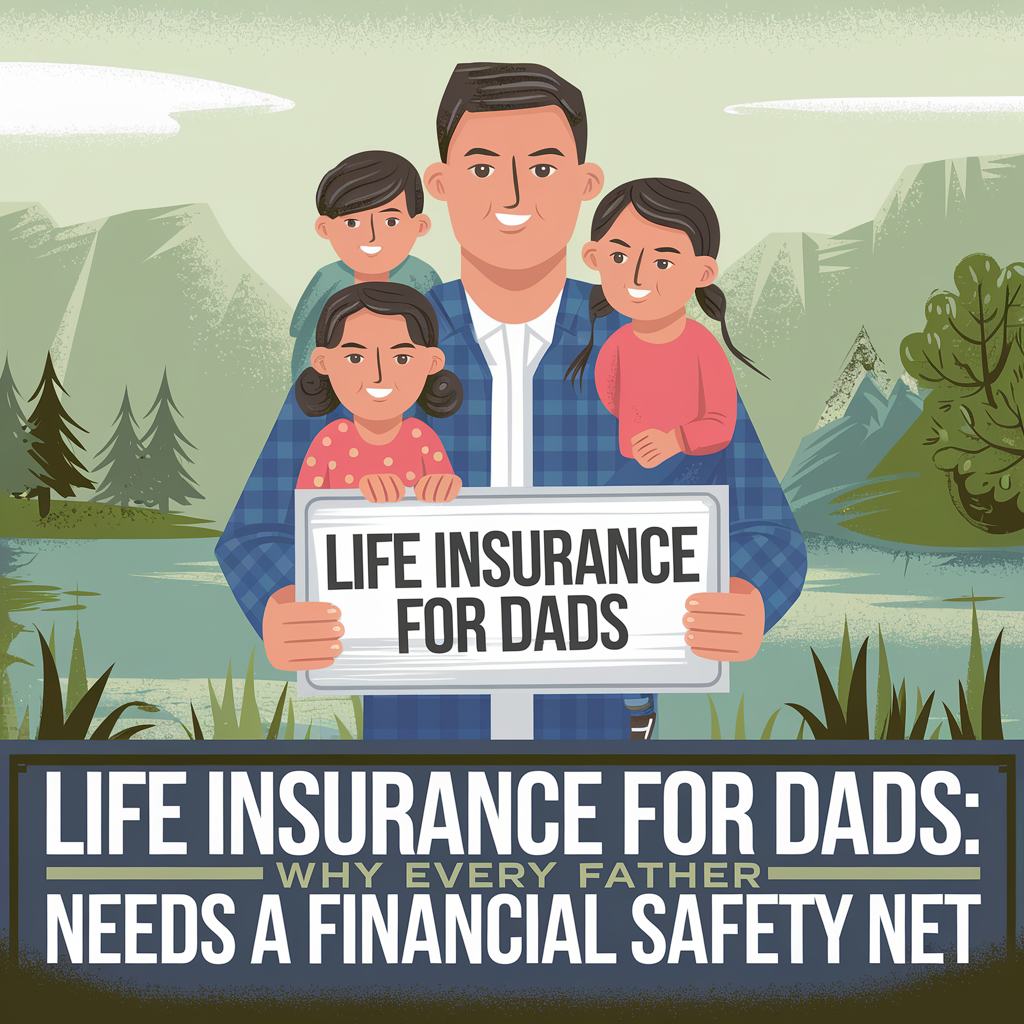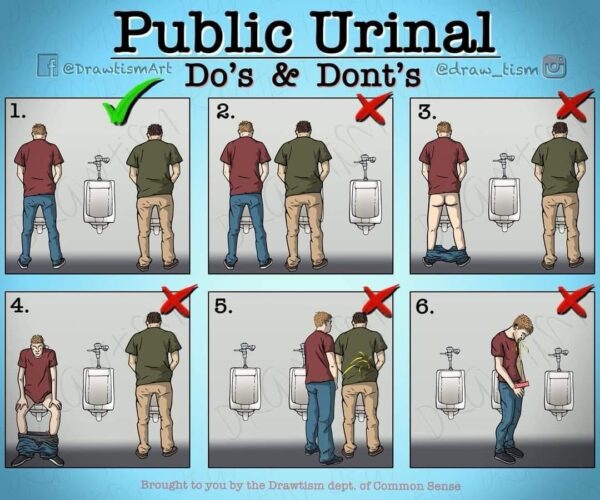
Growing up without a father can be a challenging journey for any son. While it may instill a sense of inner strength and resilience, it is essential to recognize that a young boy should not bear the weight of being overly strong. In this article, we explore the unique experiences of sons who grow up without a father, the potential impact on their emotional development, and the importance of cultivating a balance between strength and vulnerability.
Can You Really Be Strong and Vulnerable at the Same Time?
Absolutely — in fact, that’s the only way to be a whole man.
Growing up without a father, I had to figure this out on my own. I thought being strong meant staying quiet, never crying, and keeping people at arm’s length. That mindset might protect you for a while, but eventually, it becomes a cage.
Real strength is when you can admit you’re hurting but still show up. When you ask for help without feeling weak. That’s the kind of strength we should be chasing — not the fake, emotionless version the world sometimes pushes.
If you grew up without that example, you’re not alone. A Son Without a Father: Navigating Strength and Vulnerability dives deeper into this exact struggle.

Why Is Vulnerability So Hard for Men Without Dads?
Because we weren’t shown how to handle it.
No one told us what to do with our pain. So we buried it. We got good at being “fine.” We made people laugh, avoided hard conversations, and built walls instead of bridges.
But here’s the problem: vulnerability doesn’t go away. It just builds up under the surface until something breaks — usually your health, your relationships, or your peace.
I had to unlearn that silence was strength. Talking about what you’re carrying isn’t soft. It’s survival. Breaking the Silence: Encouraging Men to Speak Out is a powerful place to start.

How Do I Teach My Son That Emotions Don’t Make Him Weak?
It starts with me. My son watches how I react when I’m angry, overwhelmed, or stressed. If I bottle it up, explode, or check out — he learns to do the same.
So I tell him things like:
- “It’s okay to cry. I’ve done it too.”
- “Being brave means being honest.”
- “You can be tough and kind — that’s real manhood.”
And when I mess up? I circle back and apologize. That shows him it’s okay to make mistakes and grow from them.
Want to instill that kind of dignity and confidence in your boy? How to Be a Gentleman: Teaching Your Son Respect, Dignity, and Strength covers exactly how I approach it.
What Habits Help Me Stay Emotionally Strong Without Going Numb?
This part took me years to figure out. But here’s what I practice now:
- I journal — even if it’s just bullet points of how I feel.
- I open up to a friend or mentor once a week.
- I take care of my body — because strength starts in the mind but lives in the body.
- I pray or sit quietly and reflect daily, even just for 5 minutes.
That combo keeps me from shutting down when life gets loud.
Pair that with physical movement like The 20-Day Calisthenic Challenge and you’ve got a rhythm that keeps your head and heart clear.

How Do I Know If I’m Leaning Too Hard Into One Side?
This one’s real. There were times I got too vulnerable — dumping pain without direction. And other times I got so stoic that I felt numb to everything.
The balance happens when:
- You’re honest, but not overwhelmed by emotion.
- You’re strong, but still open to growth and feedback.
- You feel, but you don’t let feelings steer the wheel 24/7.
It’s not about being 50/50 every day — it’s about knowing when to step into each side. The Modern Man’s Guide to Crushing Life Goals helps set up that inner framework.
How Can I Use My Pain as Purpose?
This is where it all comes together.
I used to think my father’s absence was a curse. But over time, I realized it gave me clarity — I knew exactly what I didn’t want to become. That pain became a filter for every decision I made as a man, husband, and dad.
If you’re willing to turn your wounds into wisdom, you can raise a son who doesn’t have to recover from the way he was raised.
Start that journey with Healing Ourselves: A Commitment to Our Children’s Future. It’s one of those articles that makes you pause and shift how you lead.
The Absence of a Father: Navigating the Void
For a son who grows up without a father, the absence can leave a void that may be felt deeply. Fathers often serve as role models, offering guidance, support, and a sense of security. The lack of a father’s presence can lead a young boy to develop a strong exterior as a way to cope with life’s challenges independently. However, beneath that exterior, he may carry a longing for paternal connection and the emotional support he might have received from a father figure.
The Burden of Excessive Strength
In the absence of a father, a son might feel compelled to be overly strong, taking on responsibilities beyond his years. This burden of excessive strength can come from societal expectations, an instinct to protect loved ones, or the necessity to fill the void left by a father’s absence. Such self-imposed strength can lead to emotional suppression, making it challenging for the young boy to express vulnerability or seek help when needed.
Embracing Vulnerability: A Sign of Courage
It is crucial to recognize that being strong does not equate to suppressing emotions or denying vulnerability. Encouraging a son to embrace vulnerability is not a sign of weakness; rather, it is an act of courage. By acknowledging and expressing emotions, a young boy can develop emotional intelligence and healthy coping mechanisms, leading to greater emotional well-being.
The Importance of Support Systems
Growing up without a father highlights the significance of building strong support systems. Whether it’s a caring mother, grandparents, other family members, mentors, or friends, having supportive individuals around can make a significant difference in a son’s life. These individuals can provide guidance, emotional support, and opportunities for growth and self-discovery.

Seeking Positive Male Role Models
In the absence of a biological father, seeking positive male role models is crucial. Encouraging a son to connect with mentors, coaches, teachers, or community leaders can provide valuable guidance and a healthy sense of masculinity. Male role models can help shape a son’s understanding of strength and vulnerability, showing that being strong does not require suppressing emotions.
Breaking Stereotypes and Redefining Masculinity
Society often perpetuates stereotypes of what it means to be strong and masculine. It is essential to challenge these stereotypes and redefine masculinity in a way that celebrates emotional expression, empathy, and compassion. Sons without fathers can play an active role in reshaping these norms, leading the way towards a more inclusive and emotionally open society.
Embracing the Wholeness Within
Growing up without a father can indeed foster a son’s inner strength, but it is essential to remember that no one should bear the weight of excessive strength alone. Embracing vulnerability, seeking support, and connecting with positive male role models are vital steps towards a balanced and emotionally healthy life. Every young boy, irrespective of his family circumstances, deserves the freedom to express emotions, seek help when needed, and cultivate his unique identity without feeling constrained by societal expectations. By embracing the wholeness within, a son can navigate life’s journey with authenticity, strength, and emotional well-being.
As an Amazon Associate we earn from qualifying purchases through some links in our articles.




